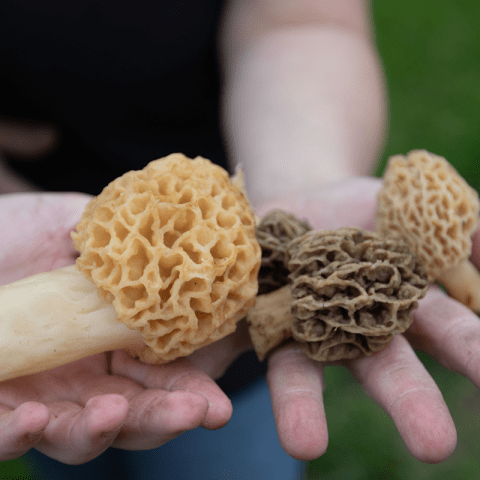A 115-year-old woman named Ethel Caterham now holds the title of the oldest living person. Many are curious about how she achieved this remarkable feat. While it’s not easy to pinpoint a single "secret," research offers some insights into lifestyle choices that might boost our chances of living longer.
Physical Activity
Staying active is crucial. Studies show that people who exercise regularly tend to live longer. Simply moving more, even by adding brisk walks, can significantly increase your lifespan. For instance, a study noted that just 75 minutes of brisk walking a week could extend life by around two years.
On the flip side, being inactive is harmful. Research links prolonged sitting to a higher risk of premature death. So, it’s essential to avoid long hours of inactivity. Small changes—like standing up every half hour or taking the stairs—can make a difference.
Nutrition: The Power of Vegetables
Eating a diet rich in fruits, vegetables, whole grains, and nuts can significantly benefit your health. A long-term study of about 100,000 people found that those who made it to 70 with good health tended to choose these foods over processed options. Remember, this doesn’t mean you need to give up everything you love; it’s about balance.
Some research also suggests that caloric restriction and intermittent fasting could help increase lifespan. While more studies are needed, early findings in humans show promising metabolic benefits.
The Importance of Sleep
Good sleep is essential for longevity. A study involving 500,000 people revealed that those with irregular sleep patterns face a 50% higher risk of early death. Although sleep needs vary, experts recommend 7-9 hours of quality sleep for most adults.
Managing Stress
Stress is often overlooked, yet it plays a significant role in health. Early-life stress—such as loss or neglect—can affect health later on. On a positive note, older adults who develop resilience to stress are less likely to face health issues. Studies reveal that practices like yoga can enhance this resilience, improving overall well-being.
Social interactions also help alleviate stress. A vibrant social life can lead to a longer life—people over 65 who engage socially tend to live longer than their more isolated counterparts.
The Genetic Factor
While lifestyle choices matter, genetics also plays a role. Studies suggest that 20-40% of longevity is linked to genetics. It’s essential to remember, though, that good genes don’t guarantee a long life. As seen with Caterham, even those with long-lived relatives can face shorter lifespans.
In conclusion, while we can’t control everything, focusing on physical activity, a healthy diet, good sleep, and stress management may boost our chances of a long and healthy life.
For more insights on longevity research, you can check out The Conversation.
Source link
Ethel Caterham,premature death,physically active,longevity




















